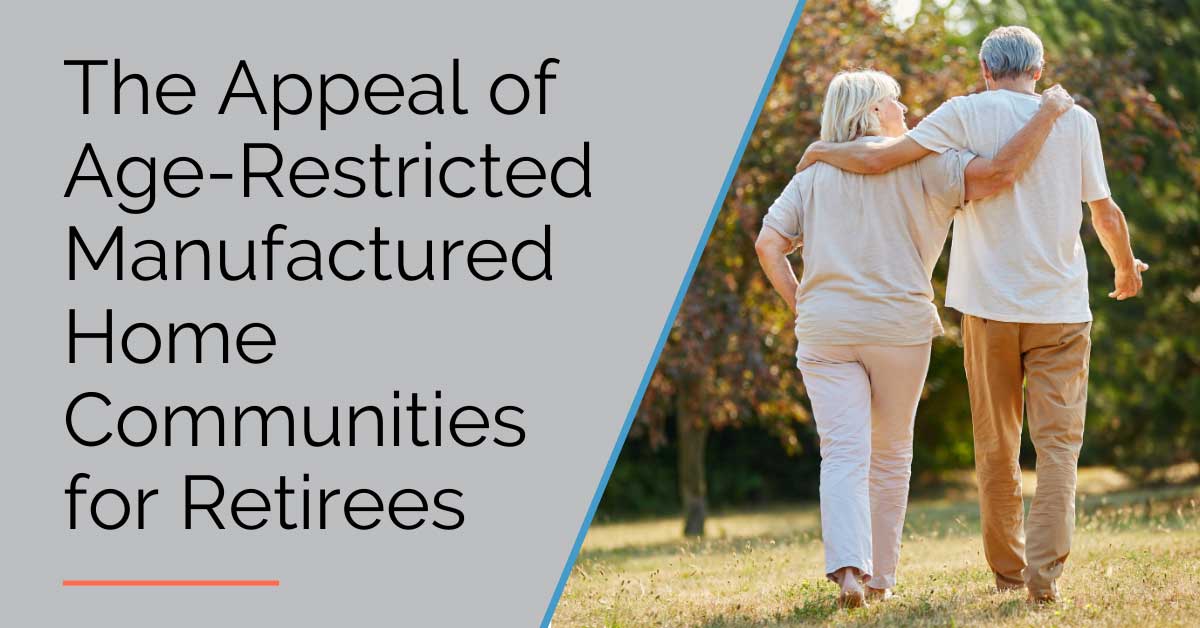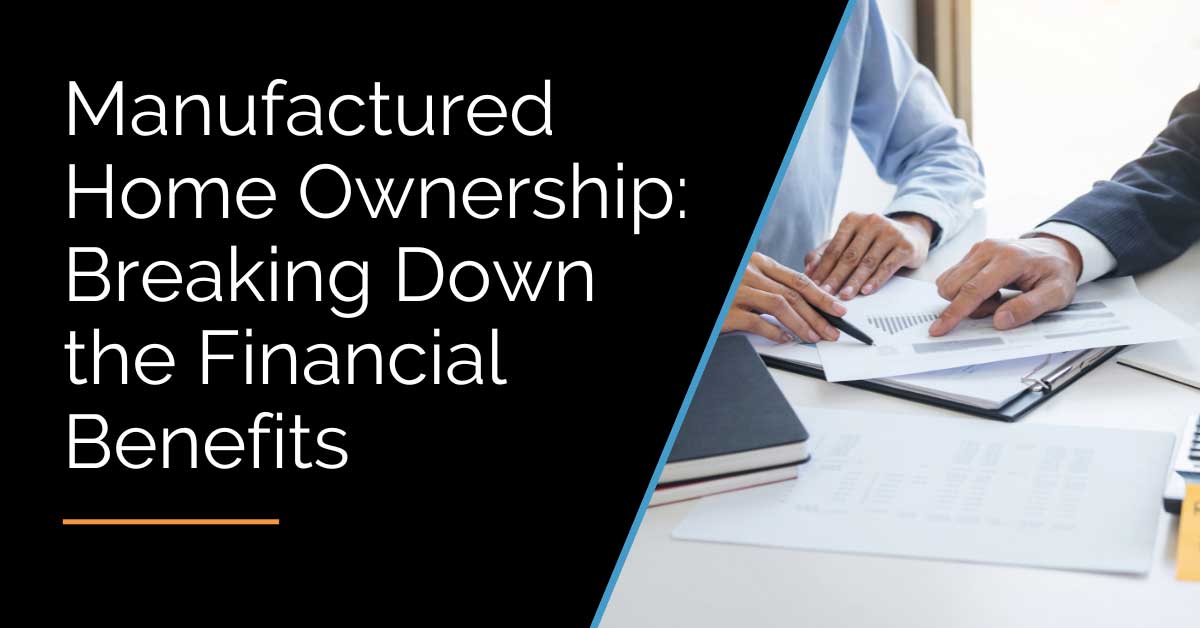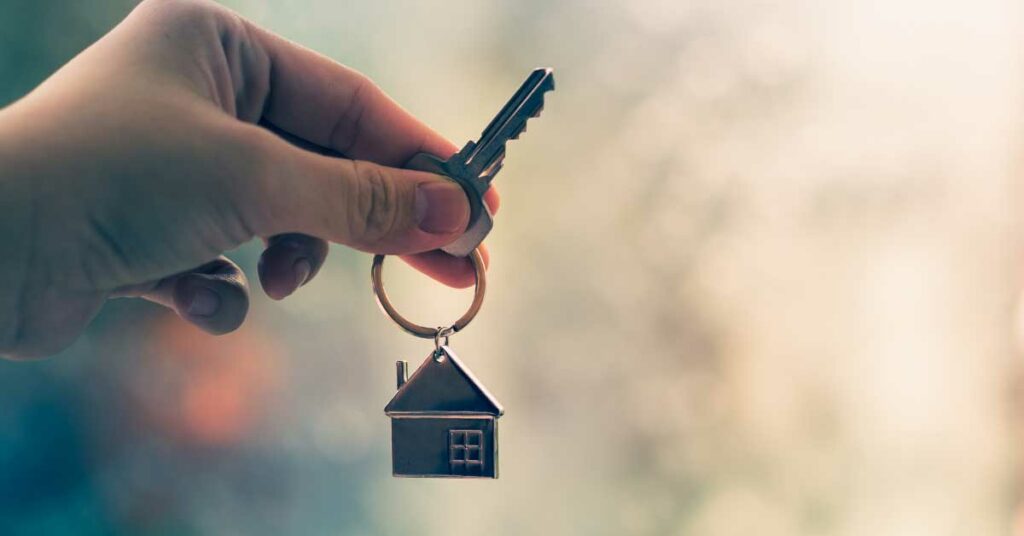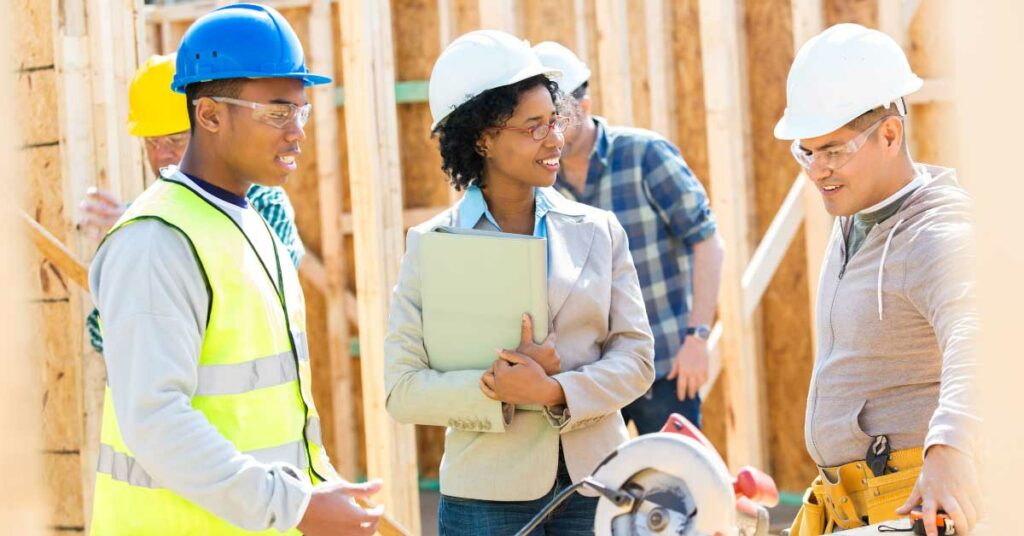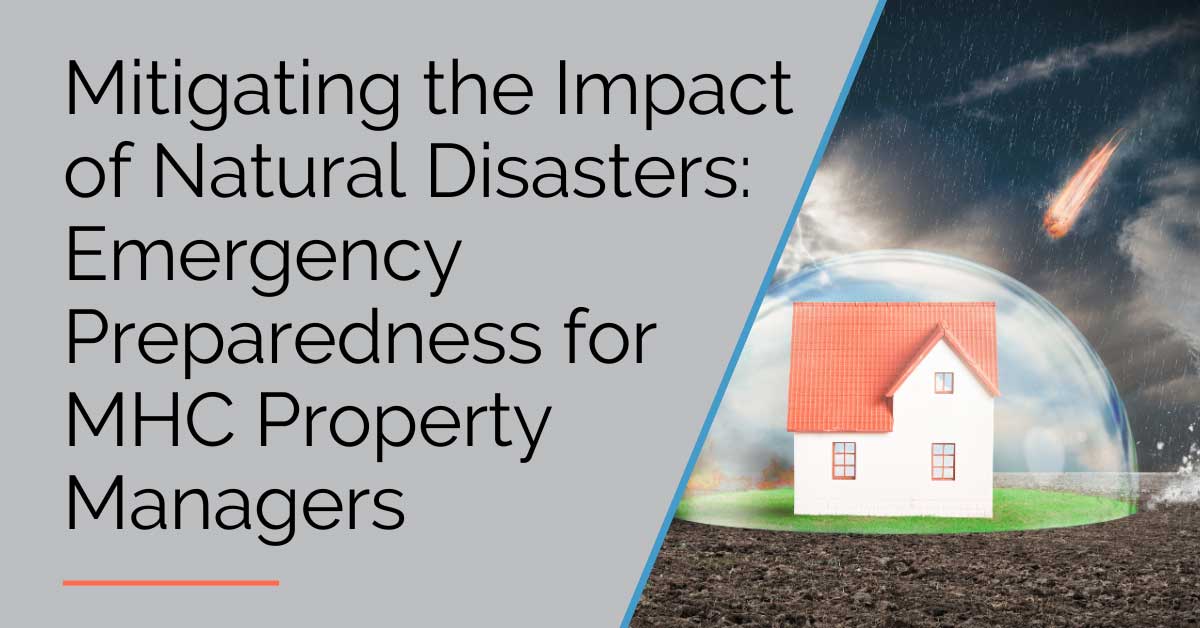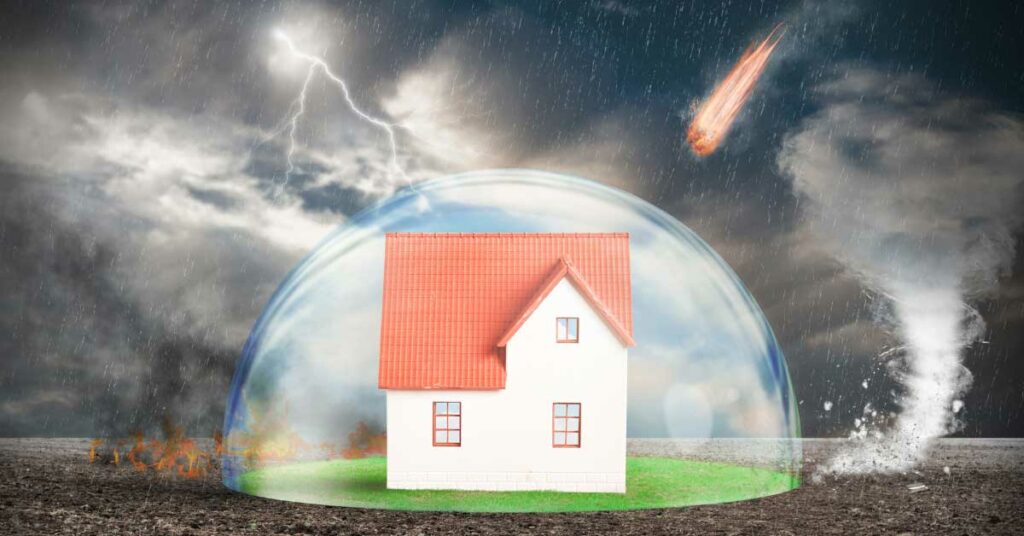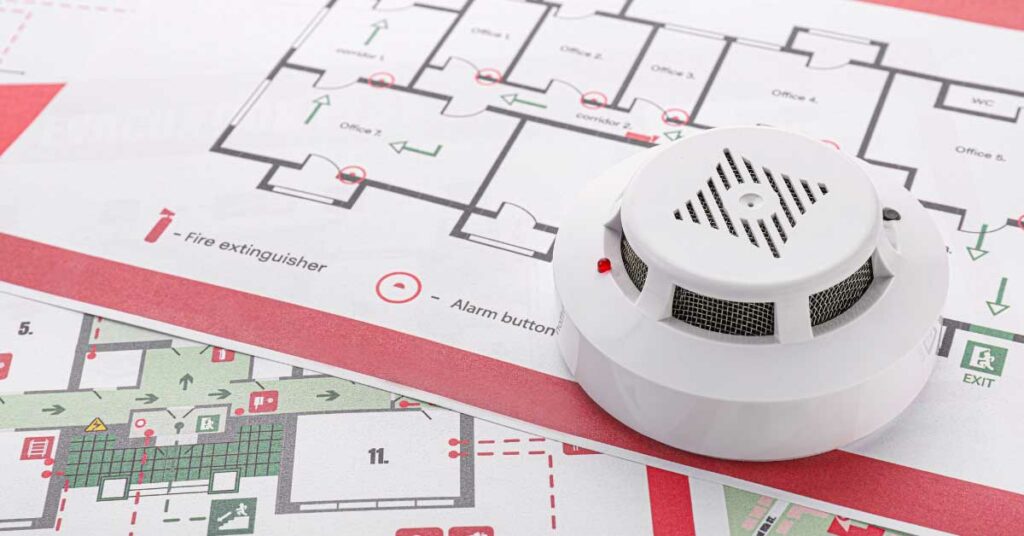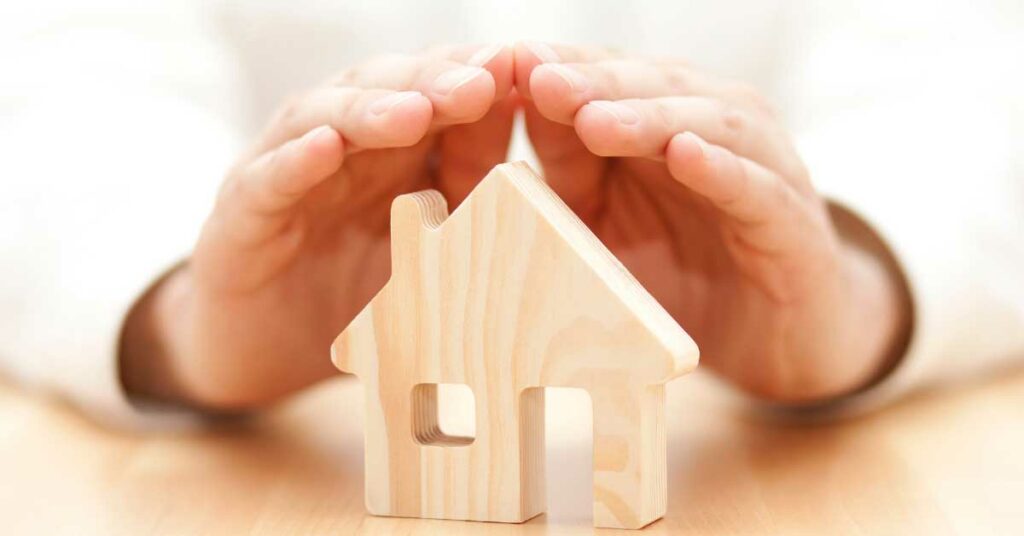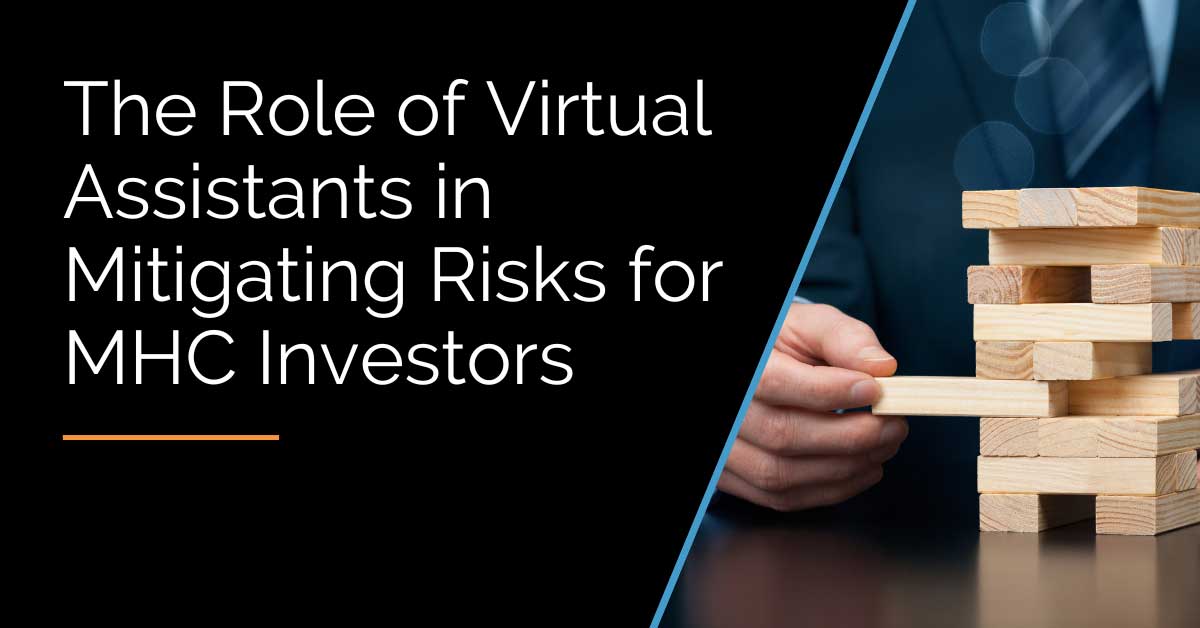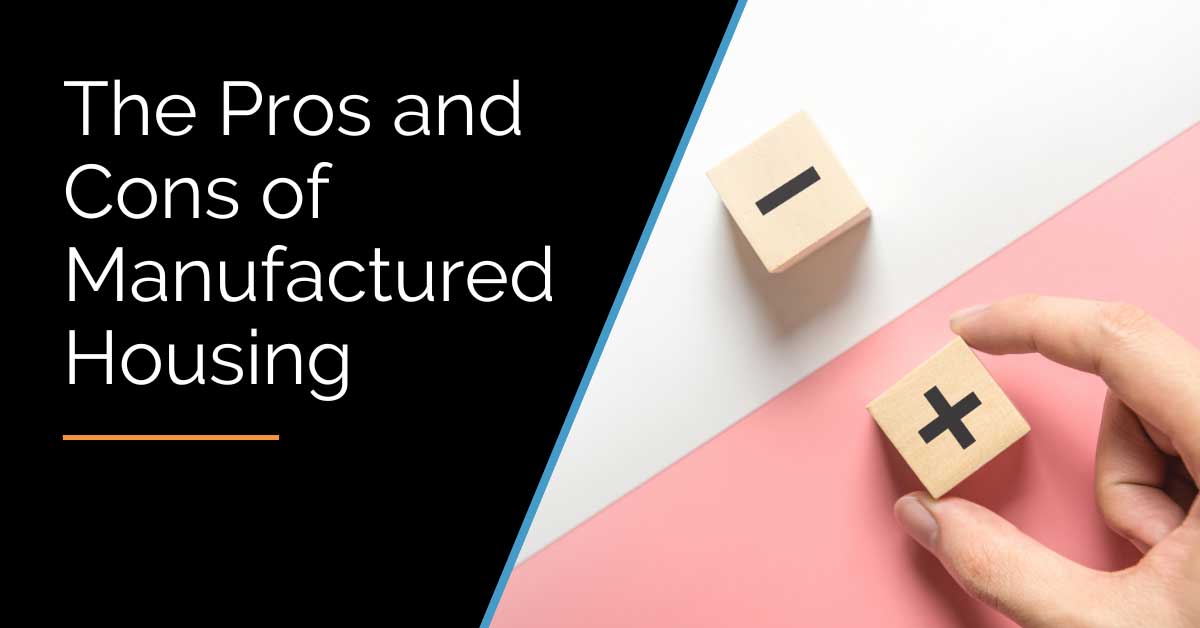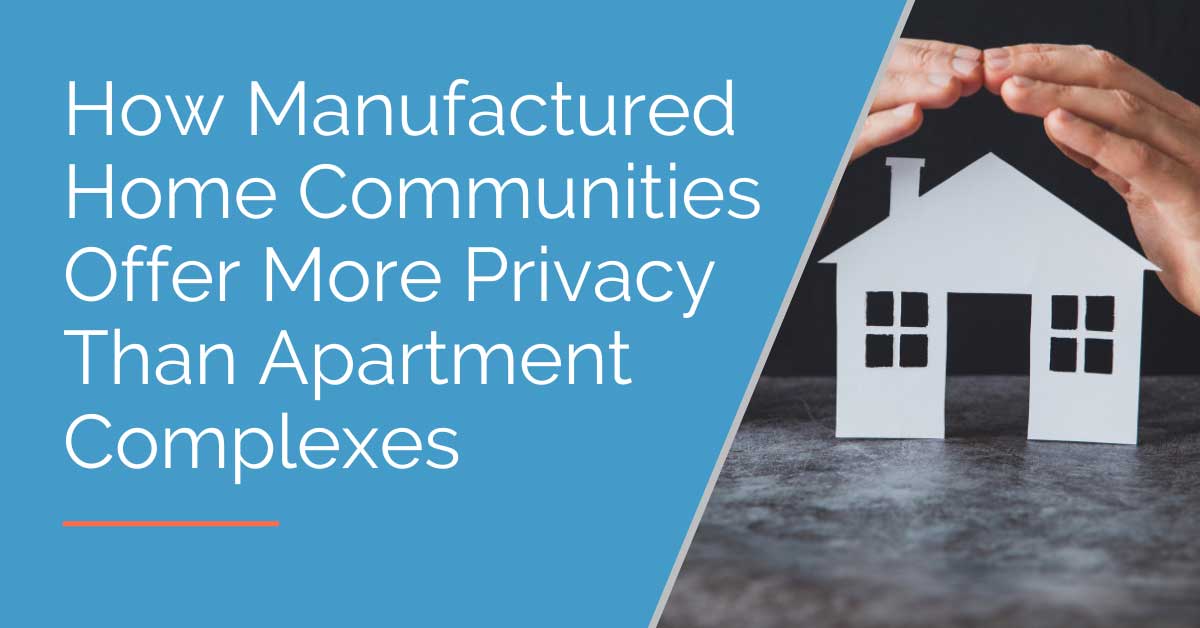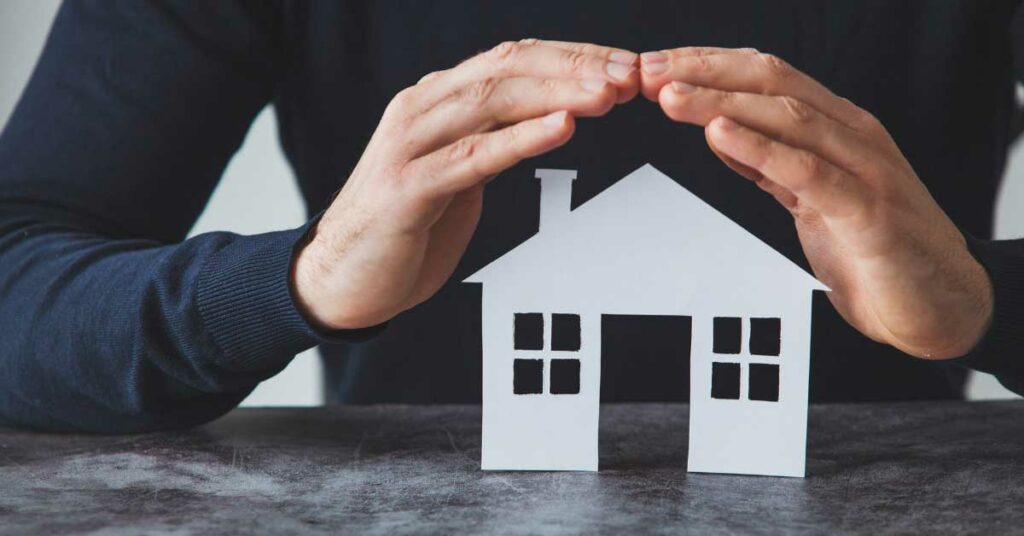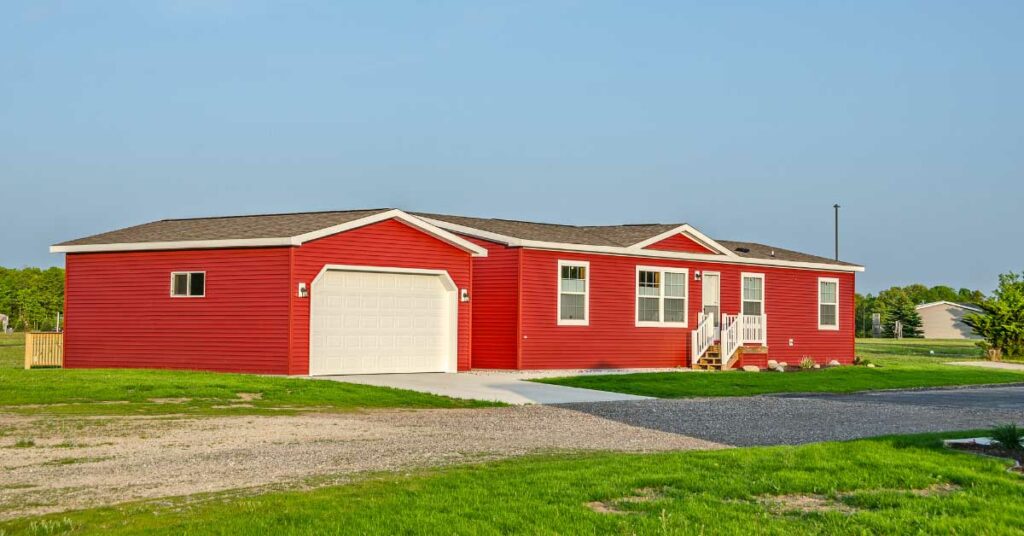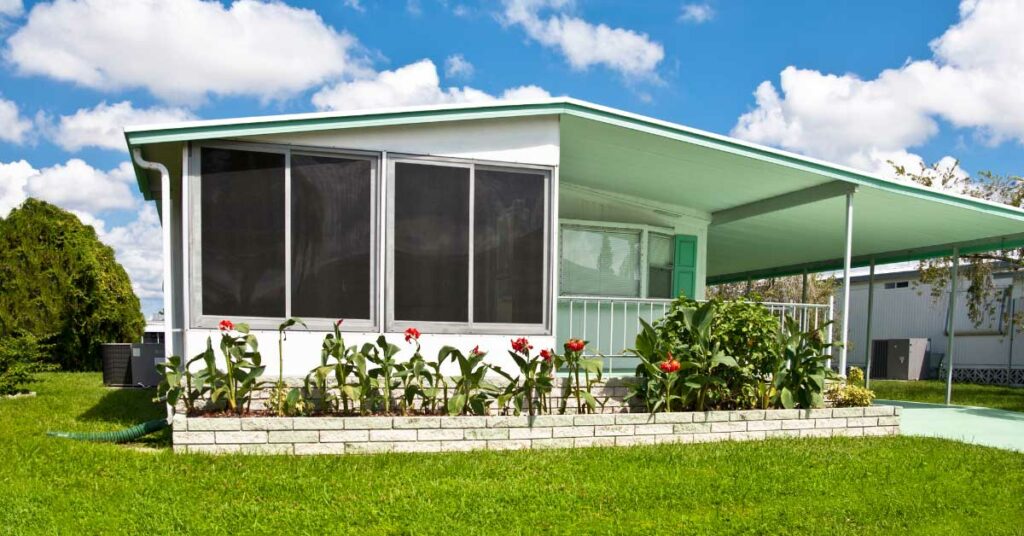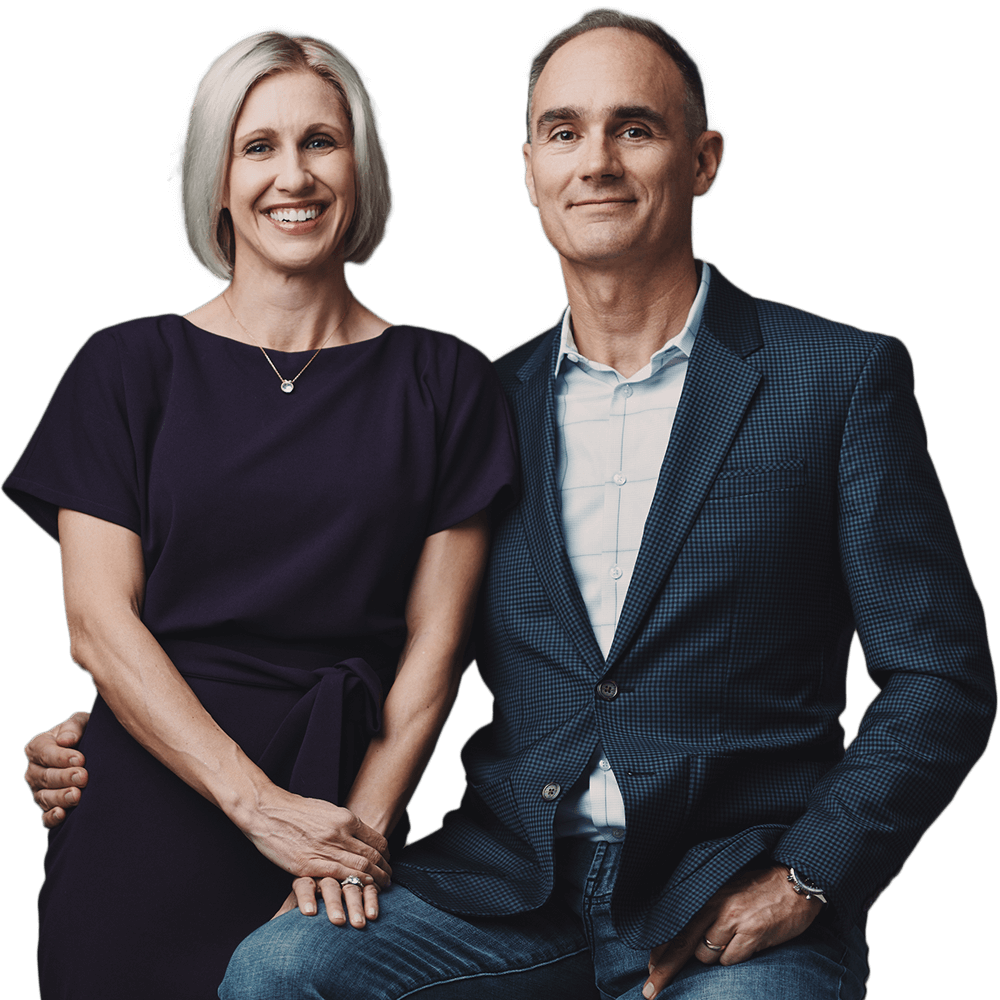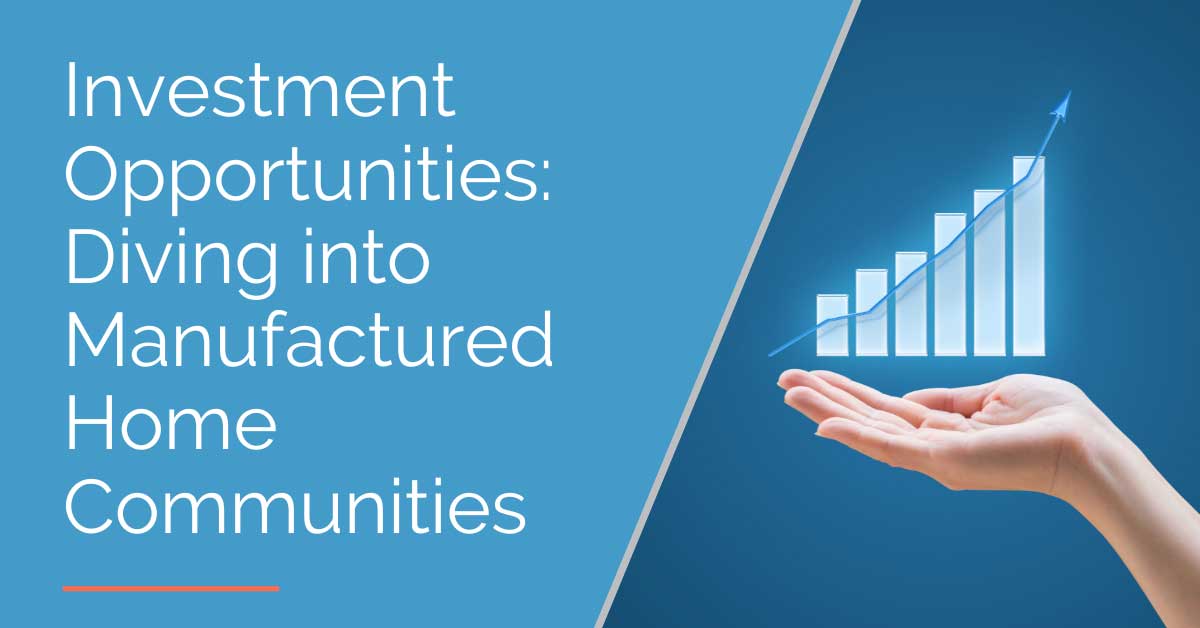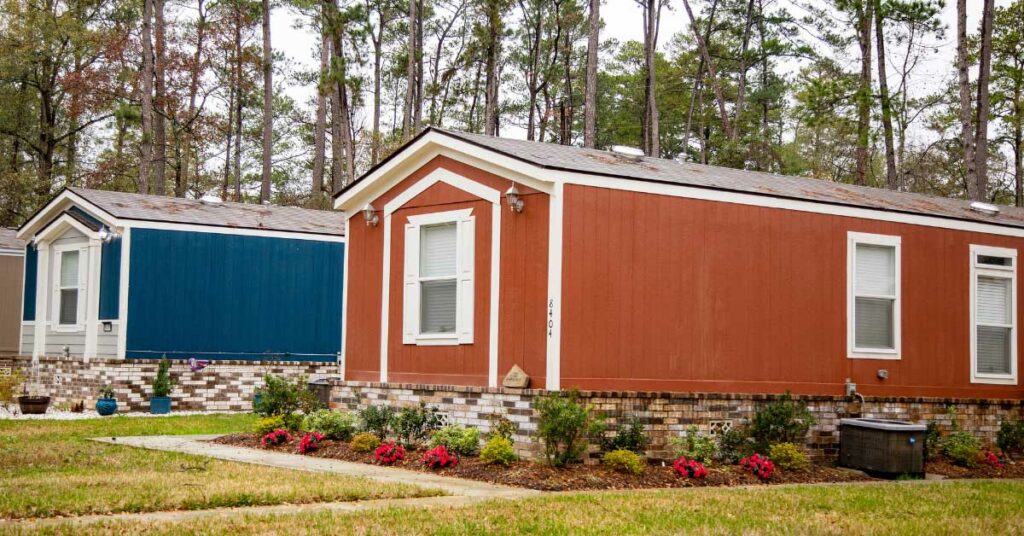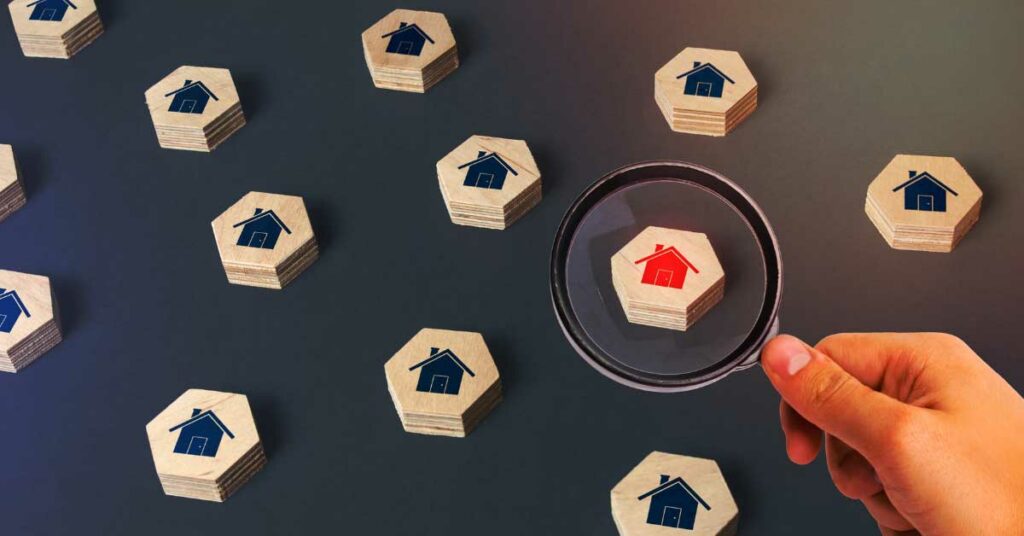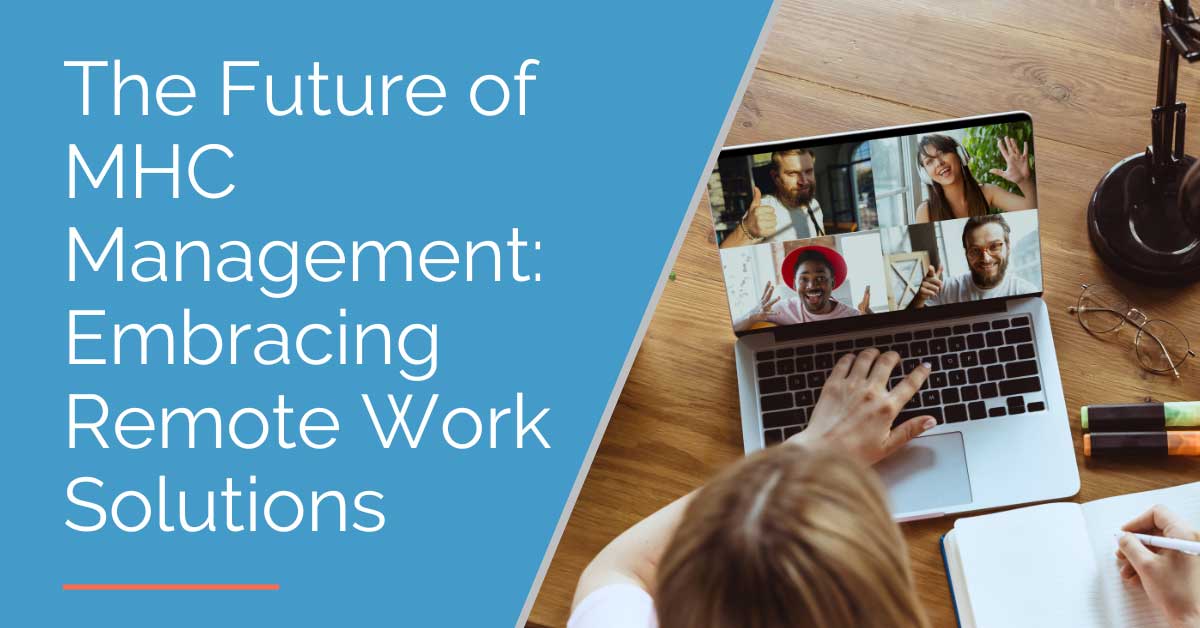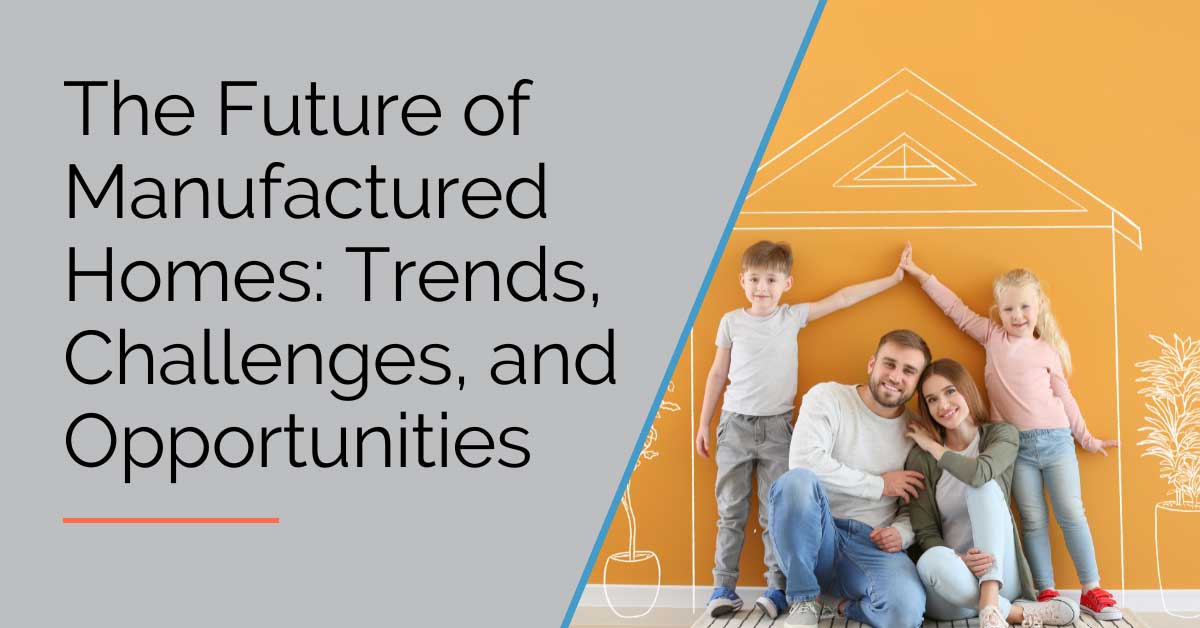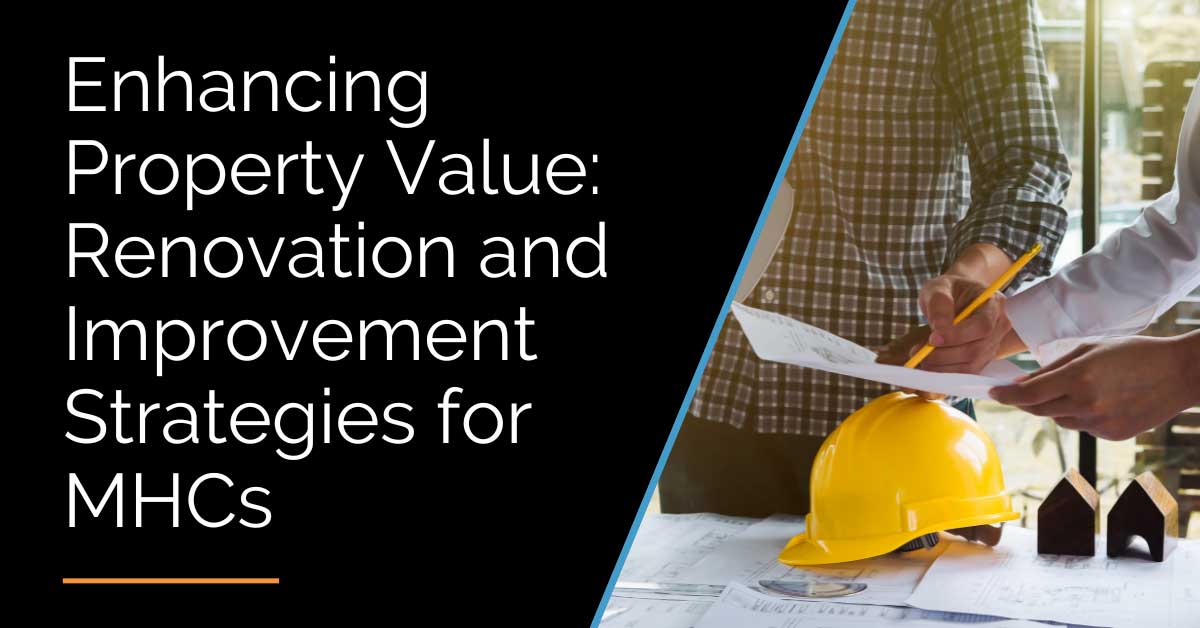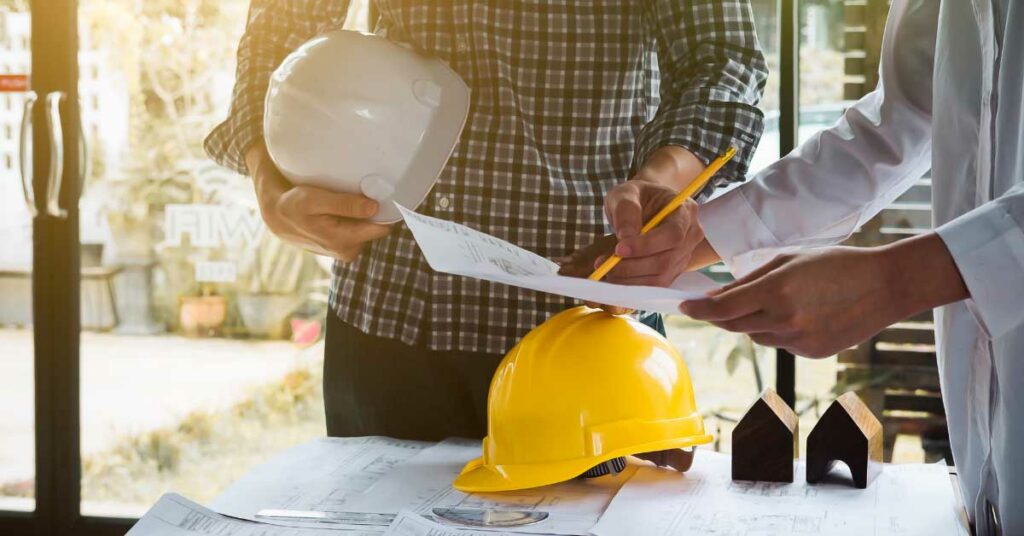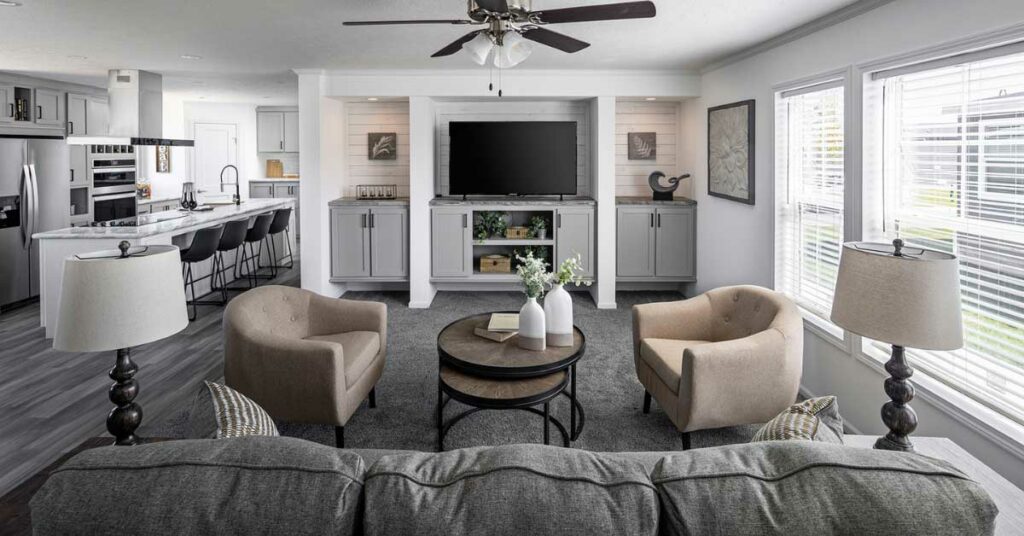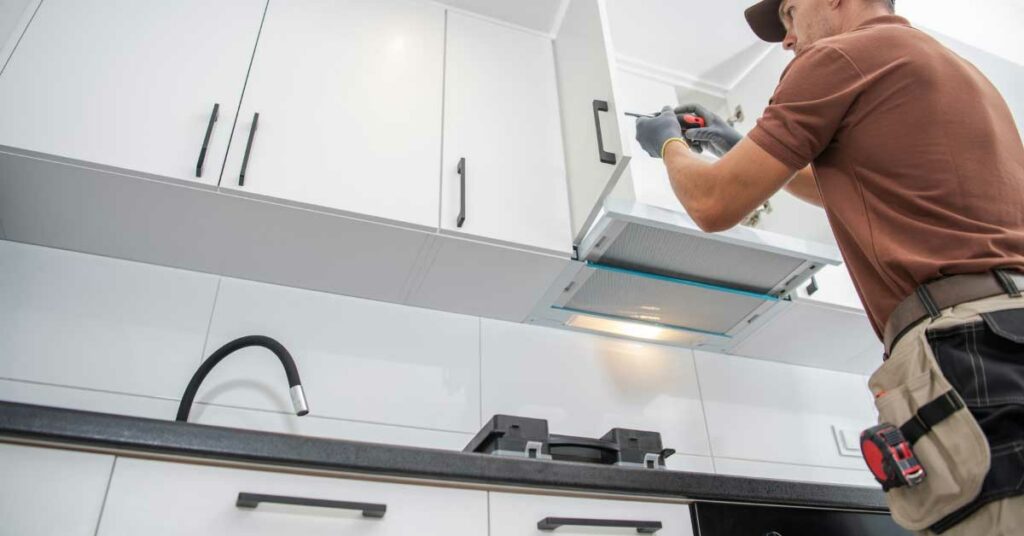The Appeal of Age-Restricted Manufactured Home Communities for Retirees
Retirement brings many changes in life, from the end of a career to a slower pace of life. One of the biggest shifts is often downsizing from a large family home to a more manageable living space.
While some retirees may choose an apartment or condo, others turn to age-restricted manufactured home communities. This option has become increasingly popular in recent years, offering older adults the chance to live in a safe and affordable environment among peers.
In this blog, we’ll explore why age-restricted manufactured home communities appeal to retirees.

Low Maintenance and Affordable Living
One of the most significant draws to age-restricted manufactured homes is the low maintenance and affordable lifestyle they offer.
Many retirees no longer want to keep up with the demands of a large home or bear the burden of high mortgage payments. Manufactured homes offer a practical solution, with most communities taking care of all exterior maintenance.
Additionally, manufactured homes are often a cheaper option than traditional homes, allowing retirees with limited budgets to stretch their retirement dollars further.

Connections and Community
Retirees can sometimes feel isolated and disconnected from their peers, leading to feelings of loneliness and depression.
Age-restricted manufactured home communities can address these concerns by providing a strong sense of community and social connections. Many communities offer various social activities, events, and clubs, allowing residents to share their interests and hobbies with like-minded individuals.
These communities also offer a chance to connect with people of similar backgrounds and experiences, providing a sense of belonging and comfort.

Health and Safety
Manufactured home communities are often gated and secure, offering a safe living environment for retirees.
Additionally, many communities provide health and wellness services, such as exercise classes or health screenings, to promote healthy living among residents.
Living in a manufactured home community can also allow retirees to downsize without sacrificing their quality of life, potentially leading to better physical and mental health outcomes.

Flexibility and Customization
Despite being manufactured homes, residents have a great deal of flexibility and customization within these communities.
Manufactured homes can come in various sizes and styles, with some communities allowing residents to customize and modify their homes to suit their needs.
The flexibility to personalize the living space is a significant benefit for retirees looking to retain a sense of independence in their retirement years.
Location and Convenience
Lastly, age-restricted manufactured home communities are often located in convenient areas, with easy access to shopping, dining, and healthcare.
Without the burden of maintaining a large home, retirees can spend more time enjoying the amenities of their community and surrounding area. With the ease of accessibility and convenience, manufactured home communities can offer retirees the perfect balance of independent living and community support.

Final Thoughts
Age-restricted manufactured home communities offer retirees a unique living option, providing a comfortable, affordable, and social lifestyle. With low-maintenance living, social connections, and safe environments, it’s no wonder these communities are becoming increasingly popular amongst older adults.
Like any living arrangement, it’s essential to research and find a community that fits your needs and preferences.
But for those who crave a strong sense of community, personalization, and affordability, age-restricted manufactured home communities may offer the perfect retirement solution.
About the Author
Anequim is a leading provider of skilled, bilingual virtual assistants, offering comprehensive services tailored to entrepreneurs, property managers, and small to mid-size businesses.
Specializing in recruitment, learning and development, and performance management, Anequim’s team creates tailored solutions for various industries, including property management. From leasing calls to accounting and marketing support, Anequim ensures seamless integration and exceptional support.
Looking to create an exceptional team of Remote Professionals to drive your business forward? Visit Anequim today and discover how they can meet your unique needs.

